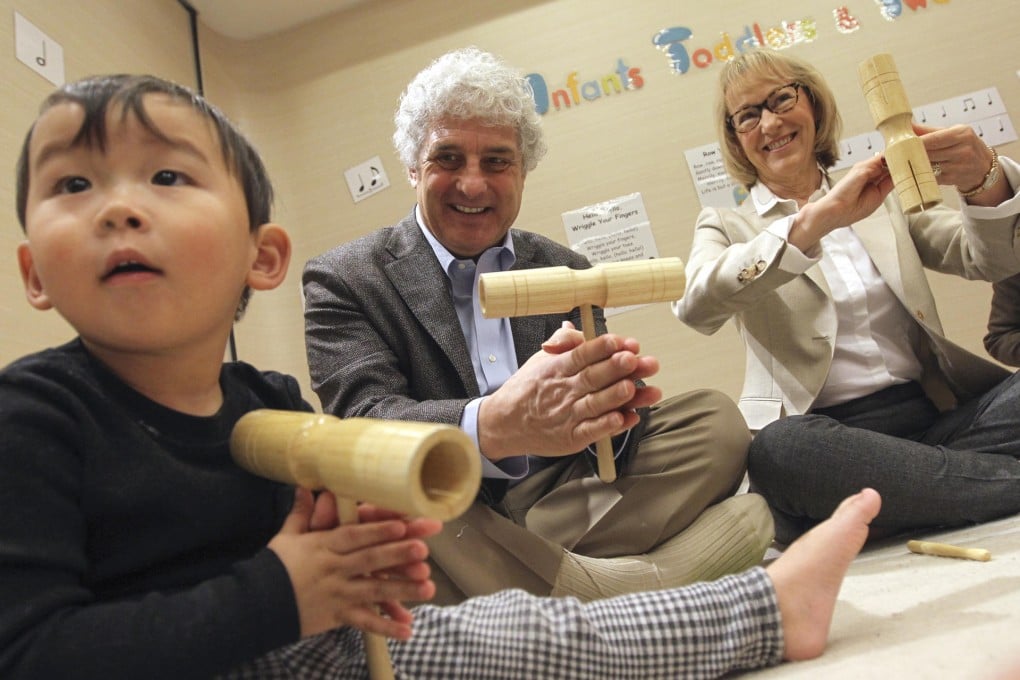It's never too early for children to learn a second language, say experts
It's never too early for infants to begin learning a second language as it can greatly improve cognitive skills later in life, visiting experts tell Mabel Sieh

In case parents are worried that it might be too taxing for children to learn more than one language while they are young, studies by American brain development experts Andrew Meltzoff and Patricia Kuhl show otherwise.
In fact, the husband and wife team, who are co-directors of the Institute of Learning and Brain Sciences at the University of Washington, say learning a second language is beneficial for babies and toddlers.
Bilingual brains show a higher level of cognitive and executive function
Professors Meltzoff and Kuhl were in town last month to speak at a parents' conference hosted by Infants, Toddlers and Twos, an early childhood development centre which applied their findings in its programmes.
Through magneto-encephalography, a procedure that uses sensors to form images of magnetic fields produced within the brain, the researchers have been able to track how an infants' neurons are activated while listening to speech and non-speech signals.
Kuhl cited a study which looked at how infants from age six to eight months in Japan and the US acquire languages by "taking statistics" on the sounds they hear from their mothers. She says babies are already counting the number of sounds they hear, "like a little computer".
Infants are particularly intrigued by "parentese", which she defines as communication from adults using actual words rather than sounds or nonsensical words adopted in baby talk.